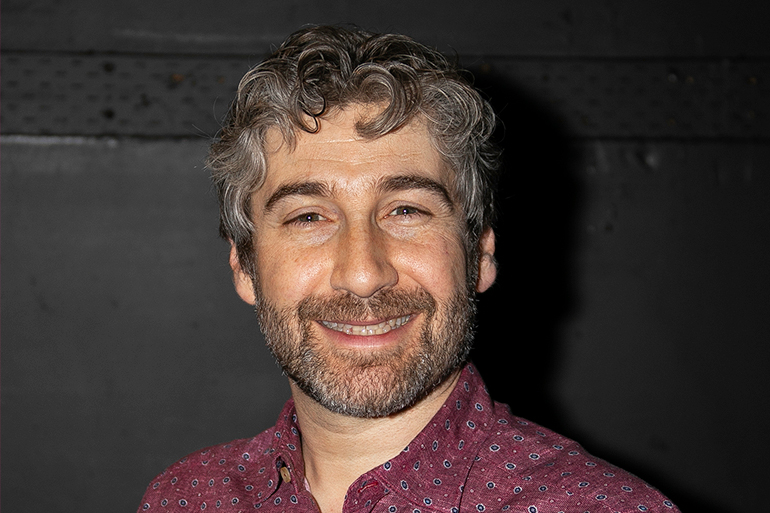

Medicare reassignment of benefits is a mechanism by which practitioners allow third parties to bill and receive payment for medicare services performed by them. Learn more at YoungForeverBook.Medicare ReassignmentsSome practitioners may not bill the customers directly but medicare billing happens through clinics / group practice / hospitals where the provider works. Young Forever is out now and available wherever books are sold. There seems to be no other more important work for us today. My hope is that the lessons learned in my new book, Young Forever, provide the tools that can relieve suffering, end disease, and extend the time we can each be healthy and contribute to our families, communities, and society, and will create a kinder, more compassionate world.

My belief is that if we start with our own healing, both our bodies and our minds, we will reclaim what our stressed-out, inflammatory society has taken from us, our cooperative nature, our ability to work together and to live in balance with one another and the Earth. Billions of dollars in investment and in philanthropy are directed at solving our most vexing problems. Regenerative ways of growing our food and living are emerging at an exponential rate. Advances in technology will soon allow energy abundance without fossil fuels. The revolution in medicine promises to transform everything we know about health, disease, and aging, relegating the common diseases of today, like heart disease, cancer, diabetes, and dementia, to the dust-bin of history, just as we vanquished smallpox. The Science and Art of Clinical Genetic Variant Classification and Its Impact on Test Accuracy.

Variant Classification Concordance using the ACMG-AMP Variant Interpretation Guidelines across Nine Genomic Implementation Research Studies. Identification of Misclassified ClinVar Variants via Disease Population Prevalence. Population-Based Penetrance of Deleterious Clinical Variants. Here's a reading shortlist about #FalsePositive variant classification:ġ. What do laboratorians think patients will do when they find out? Perhaps this is a topic for serious discussion at #ACMGMtg23 this week. Thanks to gene therapies, the public are going to find out soon that many clinical genetics labs make sloppy errors, or are using insufficient quality or amounts of evidence to classify variants as (Likely) Pathogenic. While the #ClinicalGenetics & #Genomics industry's propensity for #FalsePositive variant classifications is an unpopular topic among most laboratorians, the brave scientists publishing research on the topic should be heeded. Since gene therapies come with high risk for adverse events, they are only ethically pursued when there is high confidence that the benefits will outweigh the risks. Also, if the rare disease's phenotypes can arise from any number of genes, or sporadically, which is common, the risk for a red herring misclassified variant, and thus a misidentified genetic cause, drastically increases. Gene editing of red herring variants won't provide therapeutic benefit to the patient, but the risk for #AdverseEvents (Table 3) are still borne by the patient. And it is less likely to happen for rare diseases with distinct phenotypes that almost always come from pathogenic variant(s) in a single gene however, even then, if the mechanism of the therapy is targeted gene editing, there is a risk that the gene has been disrupted by hidden pathogenic variant(s), & that a misclassified variant is acting as a red herring. Thankfully this is unlikely to happen for well characterized founder mutations. However, what's missing from "Box 1, Topics that should be considered with a patient contemplating gene therapy" is the possibility that the patient's cause for disease has been misidentified through #ClinicalGenetics lab limitation/error, often arising from #FalsePositive variant classification. The commentary "The evolving role of medical geneticists in the era of gene therapy: An urgency to prepare" recently published in the official journal of ACMG - American College of Medical Genetics and Genomics is excellent.


 0 kommentar(er)
0 kommentar(er)
